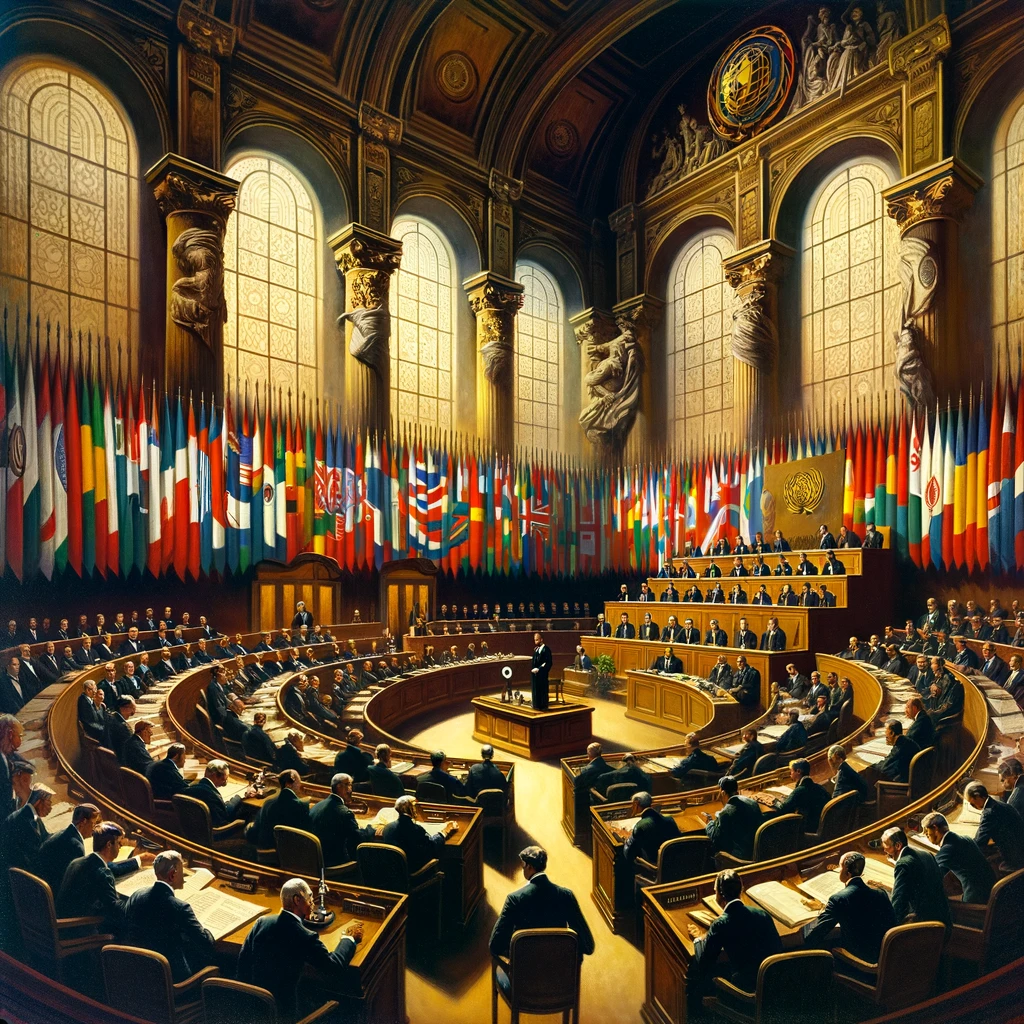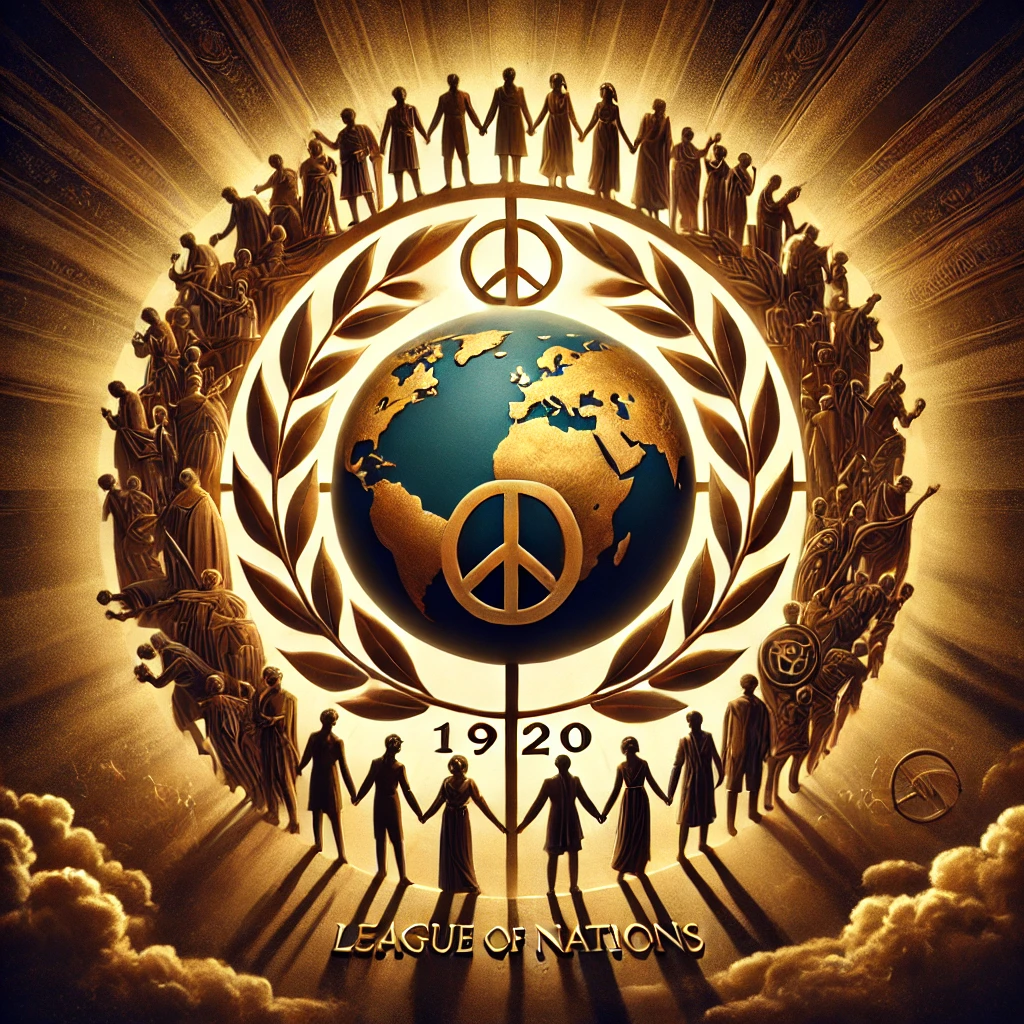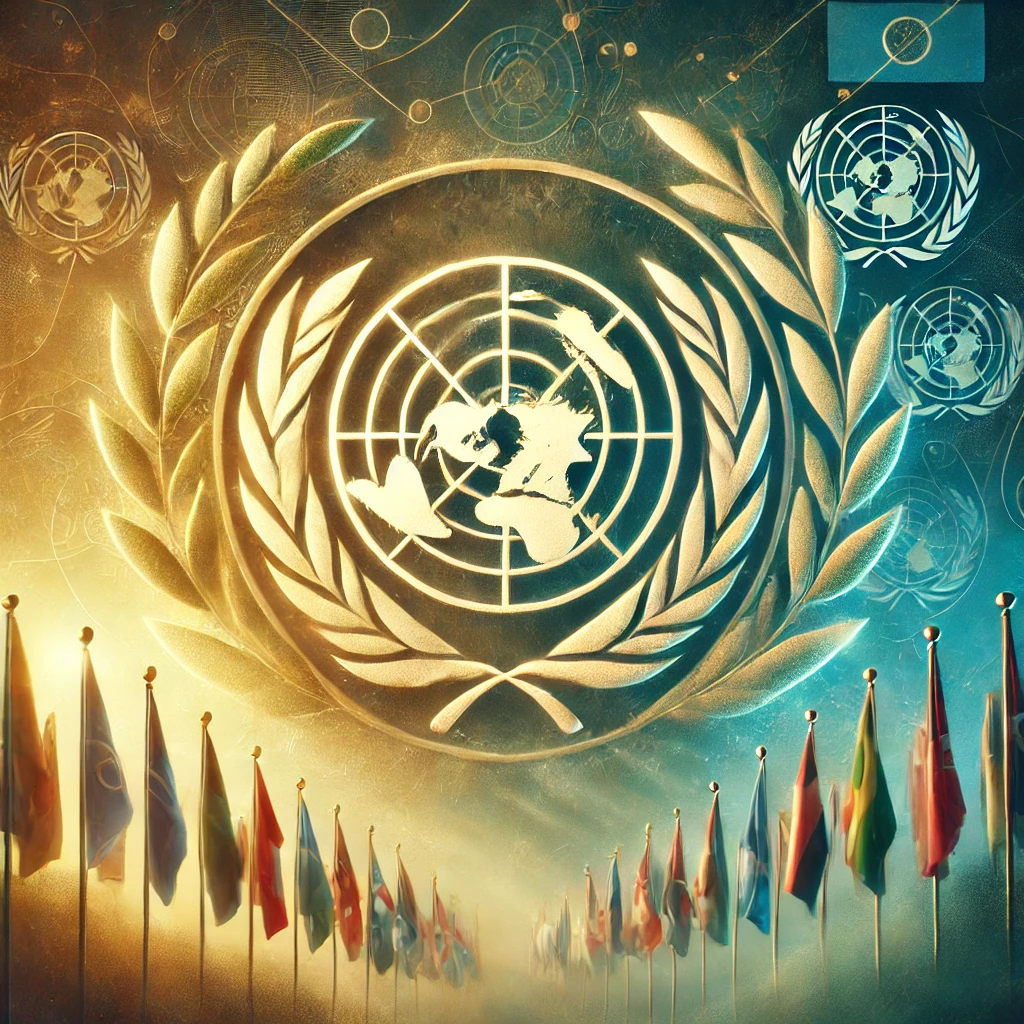On January 10th, 1920, the League of Nations was officially established as part of the Treaty of Versailles following the end of World War I. Created with the aim of promoting international peace and cooperation, the League of Nations was the first major international organization designed to prevent future conflicts on a global scale. While its effectiveness was ultimately limited, its creation laid the groundwork for the formation of the United Nations (UN) and set the stage for modern international diplomacy.

A Vision for Global Cooperation
The League of Nations was the brainchild of U.S. President Woodrow Wilson, who championed the idea as part of his broader vision for a post-war world order. Wilson’s Fourteen Points, which outlined his ideals for lasting peace, included the creation of an international organization that would help mediate disputes and foster cooperation between nations. Wilson believed that by establishing a forum for dialogue, countries could resolve conflicts diplomatically and avoid the horrors of another world war.
The League’s primary goals were to promote disarmament, prevent war through collective security, settle disputes through negotiation, and improve global welfare. The hope was that it would act as a “world government,” where countries would come together to discuss and resolve international issues. The League’s mandate also included humanitarian work, such as promoting workers’ rights and aiding in the repatriation of prisoners of war.

Challenges and Limitations
Despite its noble objectives, the League of Nations faced significant challenges that undermined its effectiveness. One of the most notable issues was the absence of the United States. Although the League was Wilson’s idea, the U.S. Senate refused to ratify the Treaty of Versailles, and the country never became a member. Without the support of the U.S., the League was weakened both politically and militarily, as it lacked the backing of one of the world’s most powerful nations.
Another problem was the League’s reliance on collective security, which was difficult to enforce. The League had no military power of its own and depended on its member nations to provide troops if needed. However, when major international conflicts arose, such as the invasion of Manchuria by Japan in 1931 or Italy’s invasion of Ethiopia in 1935, the League was unable to take decisive action to stop the aggressors. The lack of enforcement mechanisms, combined with the absence of key powers like the U.S. and the Soviet Union, led to the League’s inability to prevent the rise of fascism and the outbreak of World War II.

The Legacy and the Formation of the United Nations
While the League of Nations ultimately failed to prevent the outbreak of World War II, its establishment marked a significant moment in the history of international relations. The League’s efforts highlighted the need for global cooperation and the importance of diplomatic solutions to prevent conflicts. The lessons learned from its shortcomings were used to shape the creation of the United Nations in 1945, after the devastation of World War II.
The United Nations, which replaced the League of Nations, addressed many of the issues that limited the League’s effectiveness. Unlike the League, the UN had a broader membership, including the United States, and more robust institutions like the Security Council, which could authorize military intervention when necessary. The UN has since become the most important international organization for promoting peace, human rights, and development, with its peacekeeping missions and diplomatic efforts continuing to shape global affairs today.
The establishment of the League of Nations on January 10th, 1920, represented a bold attempt to create a structure for international peace and cooperation. While the League’s inability to prevent World War II demonstrated the limits of international diplomacy in its time, it also provided valuable lessons that contributed to the creation of the United Nations. Today, the principles of international cooperation, conflict resolution, and global governance continue to guide international relations, with the legacy of the League of Nations serving as a reminder of both the potential and the challenges of global collaboration.
